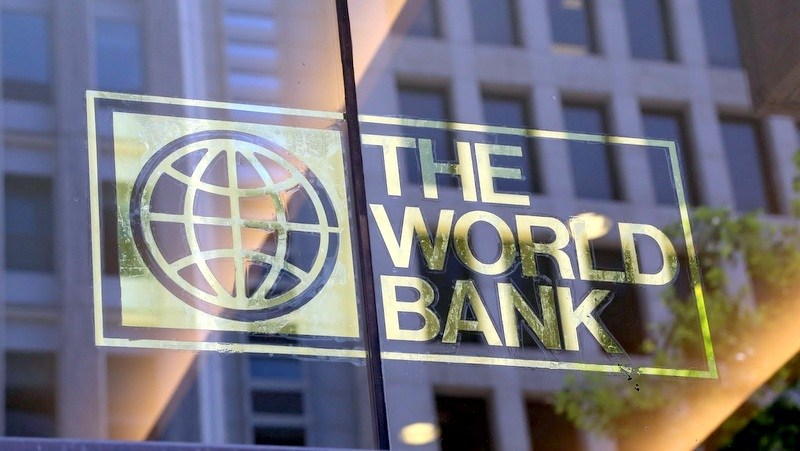
info.afrindex.com
China-Africa Trade Information Service

info.afrindex.com
China-Africa Trade Information Service

Image from Leadership
The Bank in its power sector recovery programme factsheet shared during the World Bank’s virtual meeting with journalists recently, said the country’s power sector has not kept up with demand of reliable power supply to existing customers.
In the presentation, the World Bank‘s Practice Manager, West and Central Africa Energy, Ashish Khanna, disclosed that businesses in Nigeria lose about $29bn annually because of unreliable electricity.
He said: “Between June 2020 and February 2021, the World Bank Board approved US$1.25 billion financing to support the Government in its efforts to reset the power sector. World Bank’s Power Sector Recovery Operation and Distribution Sector Recovery Programme are designed to support PSRP implementation.
“Nigeria has the largest number of people without access to electricity in the world: every one in 10 people without access to electricity now reside in Nigeria. Power sector has not been able to keep up with demand or provide reliable supply to existing customers. Only 51 percent of installed capacity is available for generation.
“An average Nigerian consumes four times less energy than her counterpart in a typical lower middle-income country. Businesses in Nigeria lose about US$29 billion annually because of unreliable electricity.’’
Khanna, who also decried the spate of energy theft in the country, said six in 10 of registered customers are not metered, lamenting that their electricity bills are not transparent and clear.
He said: “Nigerian utilities get paid for only a half of the electricity they receive. For every N10 worth of electricity received by DisCos, about N2.60 is lost in poor distribution infrastructure and through power theft, and another N3.40 is not being paid for by customers. 6 in 10 of registered customers are not metered, and their electricity bills are not transparent and clear. This contributes to resistance to pay electricity bills.”!
Also in his presentation, the senior energy specialist, World Bank, Muhammad Wakil, said 40 per cent of Nigerians do not have access to electricity.
To tackle the challenges, Wakil said Nigeria would need to connect one million households to the grid annually in order to meet the year 2030 set date for‘electricity for all’ initiative.
The report noted that in less than two years, the World Bank Board has approved the sum $1.25 billion to support the Federal Government’s efforts to reset the power sector.
The energy expert also called for the review of the electricity tariff, saying that the review will address some of the challenges facing the country’s power sector.